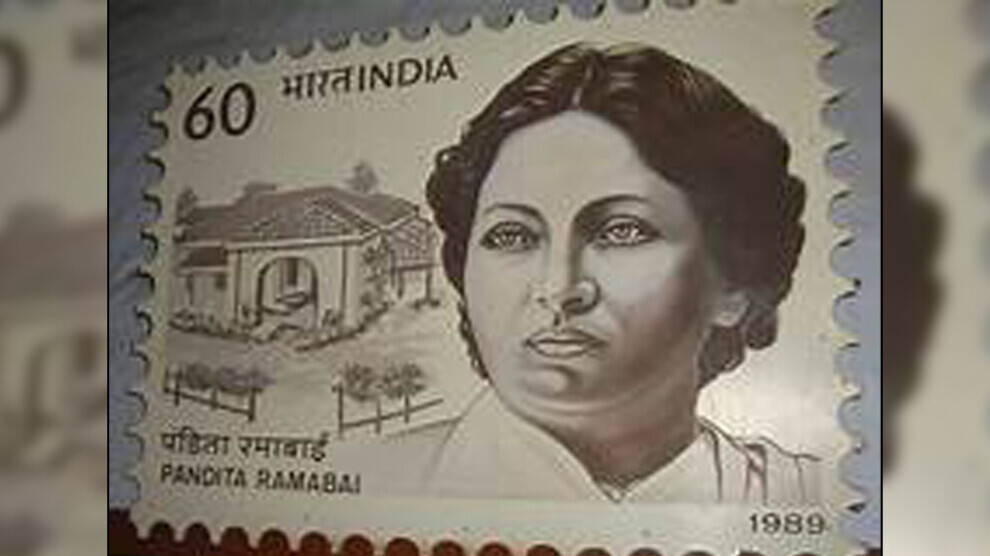Portrait of the day: Pandita Ramabai Sarasvati
Pandita Ramabai Sarasvati was an Indian social reformer and the first woman to be awarded the titles of Pandita as a Sanskrit scholar and Sarasvati after being examined by the faculty of the University of Calcutta.

Pandita Ramabai Sarasvati was an Indian social reformer and the first woman to be awarded the titles of Pandita as a Sanskrit scholar and Sarasvati after being examined by the faculty of the University of Calcutta. She died from septic bronchitis on April 5, 1922.
News Center- Pandita Ramabai Sarasvati was born as Ramabai Dongre on 23 April 1858 into a Marathi-speaking Chitpavan Brahmin family. Her father was a Sanskrit scholar and taught her Sanskrit at home. Pandita Ramabai Sarasvati gained exposure to public speaking by participating in the family's public recitation of the Purana at pilgrimage sites around India. Orphaned at the age of 16 during the Great Famine of 1876-78, she and her brother Srinivas continued the family tradition of traveling the country and reciting Sanskrit scriptures.
Her fame as a woman adept in Sanskrit reached Calcutta, where the pandits invited her to speak. In 1878, Calcutta University conferred on her the titles of Pandita and Sarasvati in recognition of her knowledge of various Sanskrit works. The theistic reformer Keshab Chandra Sen gave her a copy of the Vedas, the most sacred of all Hindu literature, and encouraged her to read them.
She worked for women
In 1882, Pandita Ramabai Sarasvati moved to Pune where she founded Arya Mahila Samaj (Arya Women's Society) to promote the cause of women's education. She said that as the situation in India was that women's conditions were such that women could only medically treat them, Indian women should be admitted to medical colleges. Ramabai's evidence created a great sensation and reached Queen Victoria.
She died in 1922
With earnings from the sale of her first book, Stri Dharma Niti (Morals for Women), and contacts with the CSMV, Pandita Ramabai Sarasvati went to Britain in 1883 to start medical training but she was rejected from medical programs because of progressive deafness. On April 5, 1922, she died from septic bronchitis, a few weeks before her 64th birthday.
